Lung cancer: The cells are talking! cool strategies for more effective treatment
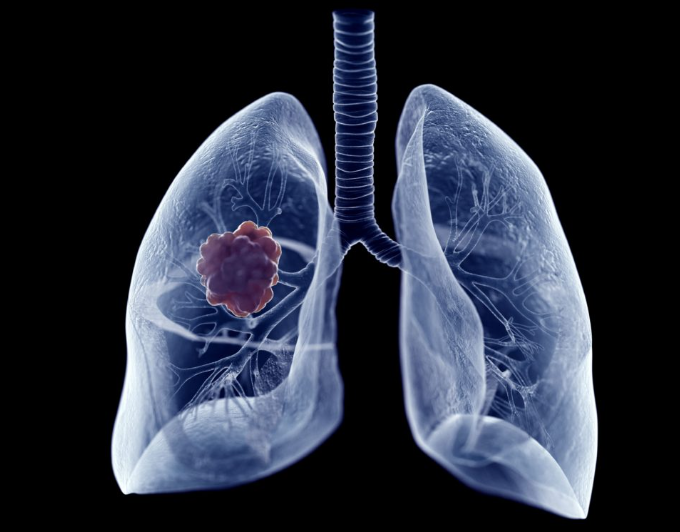
Hello, intrepid readers of the STEAMverse! How are you doing? Today I bring you something that will make your neurons go to work (but don’t worry, without going mutant!). The geniuses at Memorial Sloan Kettering Cancer Center have uncovered something as exciting as a Netflix series-it turns out that lung cancer cells have a kind of “memory.” Yeah, like those times when your grandmother tells you stories from the past that you didn’t even know existed! Dr. Tuomas Tammela’s lab has been poking around in this and has discovered that these cancer cells retain memories of when they were healthy lung cells and here’s the kicker: we can use those memories to defeat the evil KRAS, the gene responsible for the chaos in the lungs!
It turns out that adenocarcinoma of the lung, the most common type of lung cancer in the U.S., is usually caused by mutations in the KRAS gene. Yes, it’s as if the lung cells go rogue and say, “We’re going to change the rules of the game!” Before, KRAS inhibitors were like those cool inventions you only saw in futuristic movies, but now they’re real, thanks to the FDA! However, here comes the surprise: they are not the solution for everyone and, worst of all, cancer can become resistant to them, as if they were those kitchen tricks that look easy, but never turn out as well as they do in the video.
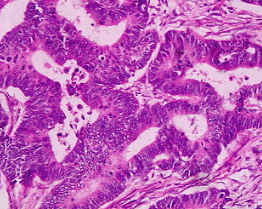
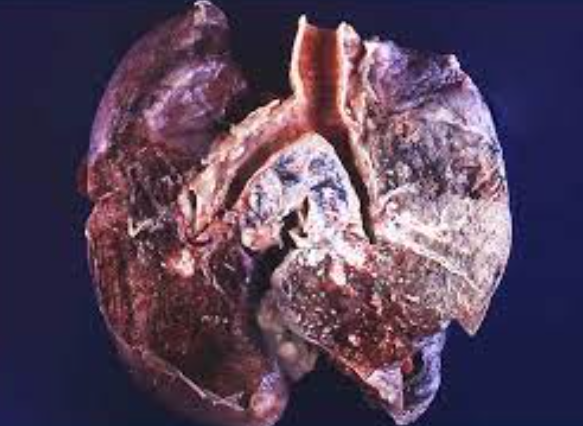
But stop right there! The guys and gals at MSK, led by mastermind Xueqian Zhuang, have shed light on an epic strategy, after treatment, some cancer cells persist like those guests who don’t want to leave the party. But, be warned, if we attack these cells together with the KRAS inhibitor, we can prevent them from coming back as a bad joke! Now, to understand this, let me take you on a journey through the land of lung biology. Hold on tight! In our lungs, there are two types of cells, type 1 and type 2, like the dynamic duo, but in a pulmonary version. Type 1s are the athletic ones, lean and ready to trade gas like Olympic athletes, while type 2s are the hard workers, secreting important things to keep the lungs in good shape.
The problem arises when lung cancer cells, which are normally type 2, become a bit nostalgic and adopt type 1 characteristics. Imagine it as if the cells were saying, “I’m going to dress up as something else today!” And guess what the scientists discovered? That the cells that remain after treatment are these type 1 “mimics”, but here comes the good news: if we eliminate them, the response to KRAS treatment improves as if you upgraded your software. Now, don’t get too excited, eliminating these cells in practice still needs more research. But, according to Dr. Tammela, we are in an exciting time with fantastic pharmacology. It will be like finding the secret combination to open the door to the next level of cancer cure! So there you have it, STEAM guys and gals, science in action, with a touch of magic to keep you hooked! Until the next scientific adventure!
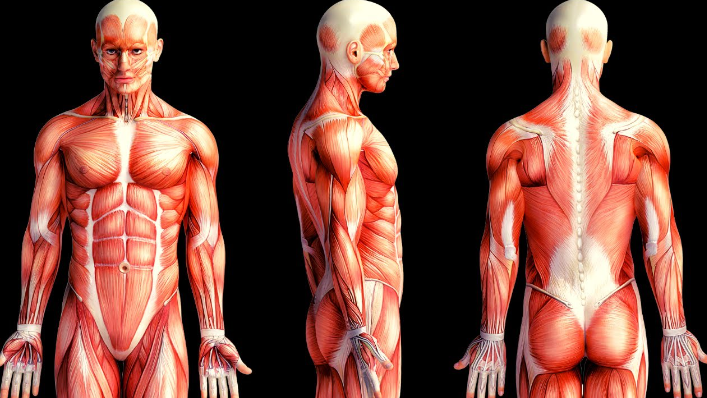
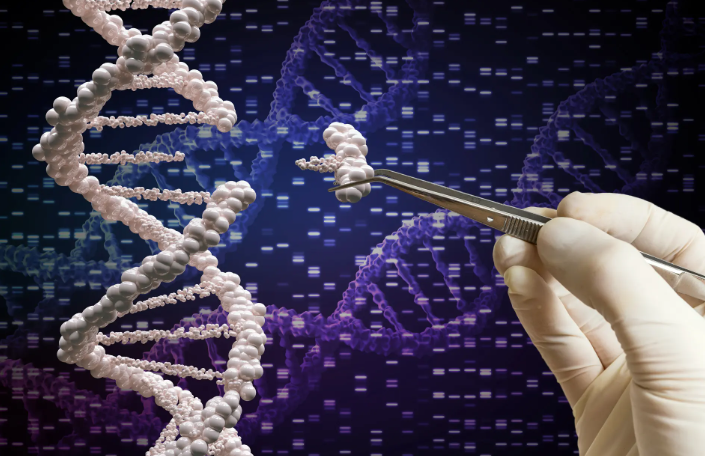
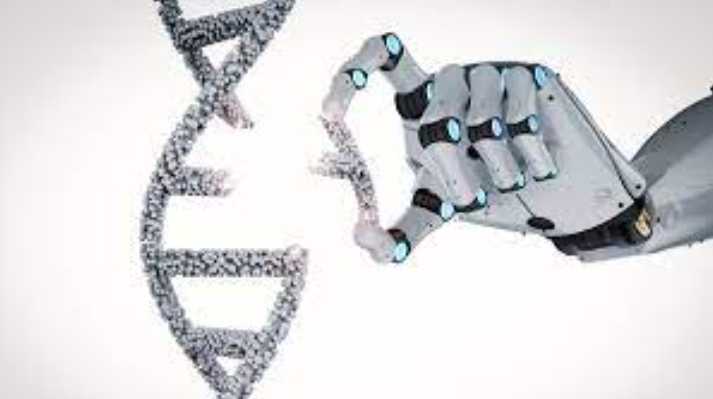
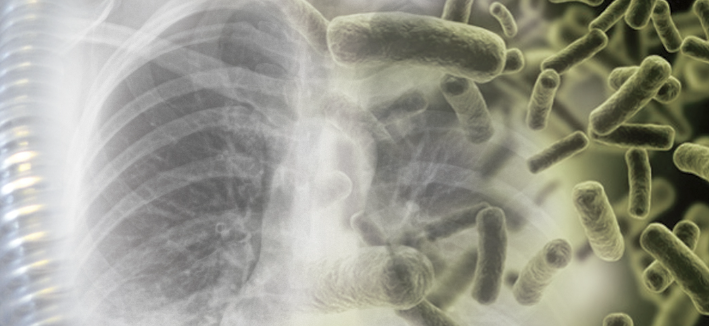
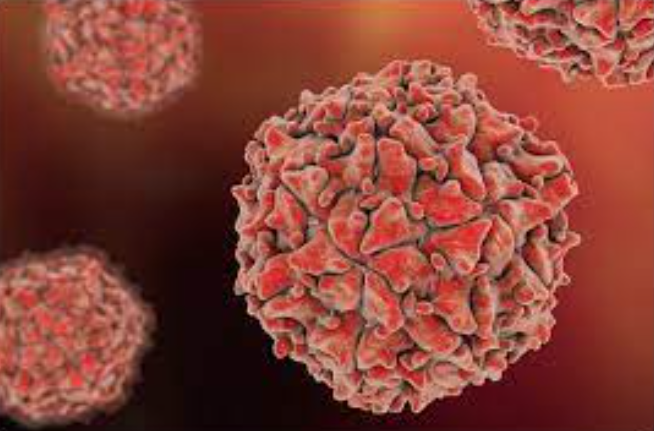
Responses